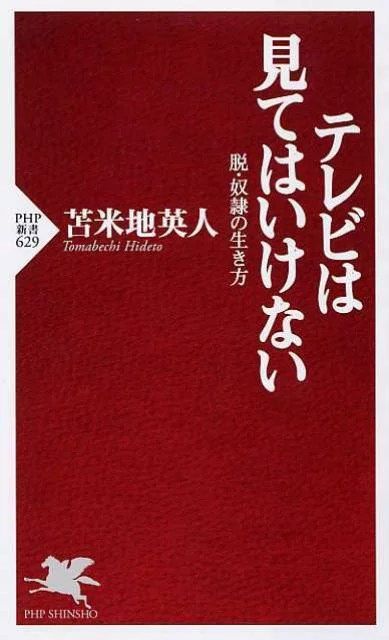てはいけない (te wa ikenai) Meaning Japanese Grammar - Must Not
Sandro Maglione
Get in touch with meThe expression てはいけない (tewaikenai) means must not. It is one of the grammatical forms in Japanese that are used to state something you must not do.
Other grammatical forms that indicate must not or should not are:
In this post we are going to learn more about the meaning of てはいけない, how it is formed, and when てはいけない is used through real example sentences.
How てはいけない is formed
てはいけない is composed by:
- て form of the preceding verb (which is the action that must not be done)
- Particle は (
wa), which indicates the topic - いけない: Potential form (られる) of the verb 行く (
to go)
For this reason, the literal translation of てはいけない is:
てはいけない: Not being able to go
そこに入ってはいけない。
You must not enter there.
How and when to use てはいけない
てはいけない is the most common expression for stating an action that must not be done.
てはいけない can be translated as must not, should not, or even it would be better not to, depending on the context of the sentence.
ここで騒いではいけない。
You must not make noise here。
Let's break this sentence down to understand its meaning:
- ここ: means
this, and is part of the Kosoado series - で: Particle used to indicate the place where an action is performed (swimming in the pond)
- 騒いではいけない: Form of てはいけない
- 騒いで: The verb 騒ぐ means
to make noise, and in this sentence we use its て form (changing ぐ to いで) - は: Particle indicating the topic
- いけない: Potential form of the verb 行く
- 騒いで: The verb 騒ぐ means
It is also possible to find ては in its more colloquial form ちゃ or じゃ instead of では:
外で遊んじゃいけない。
You mustn’t play outside.
ちゃ and じゃ are more common in spoken language as they are easier and faster to pronounce.
てはいけません - Polite form of てはいけない
To make the sentence more formal, you can use the polite form of ない: ません; the expressione becomes てはいけません.
この池で泳いではいけません。
You must not swim in this pond.
だめだ, いけない, and ならない
だめだ (dameda), てはいけない (tehikenai), and てはならない (tehanaranai) are three expressions that all mean must not.
The main difference between these three forms is the degree of formality and prohibition:
- てはいけない: most common expression, used both in written and spoken language
- てはならない: more formal and direct version of てはいけない, used more often in written language
- だめだ: more colloquial expression, used almost exclusively in spoken language
The meaning of 行かない is to not go, while the meaning of 行けない is cannot go.
Examples of てはいけない
テレビは見てはいけない。
Do not watch TV.

授業中は寝ては行けません。
You must not sleep during the lesson.
練習するを忘れてはいけない。
Don't forget to practice.
Similar grammar points in Japanese 📚
から
から (kara) Meaning Japanese Grammar - Because
だけ
だけ (dake) Meaning Japanese Grammar - Only
たりする
たりする (tari suru) Meaning Japanese Grammar - Do Such Things as A, B Etc
ちがう
ちがう (chigau) Meaning Japanese Grammar - No
まだ
まだ (mada) Meaning Japanese Grammar - Still
ないでください
ないでください (naide kudasai) Meaning Japanese Grammar - Please Do Not Do